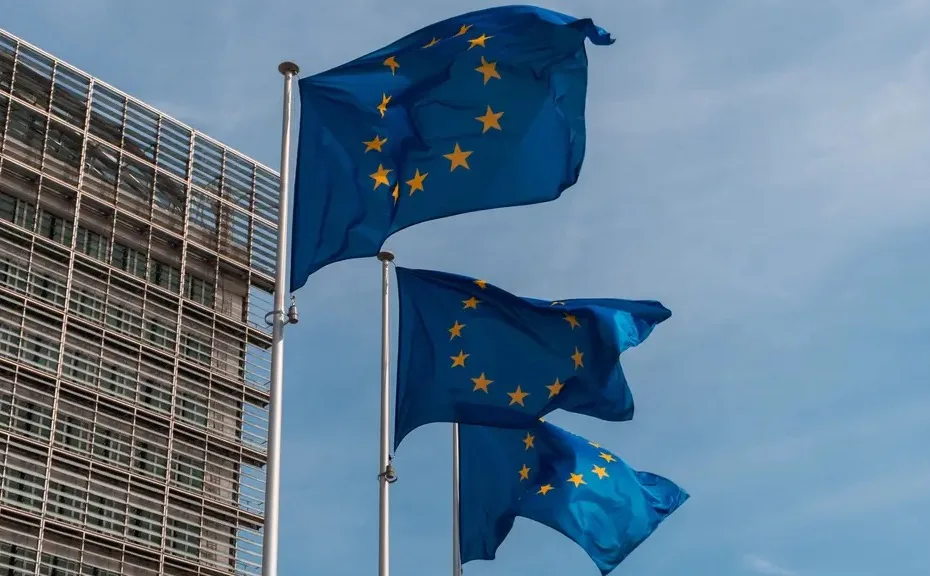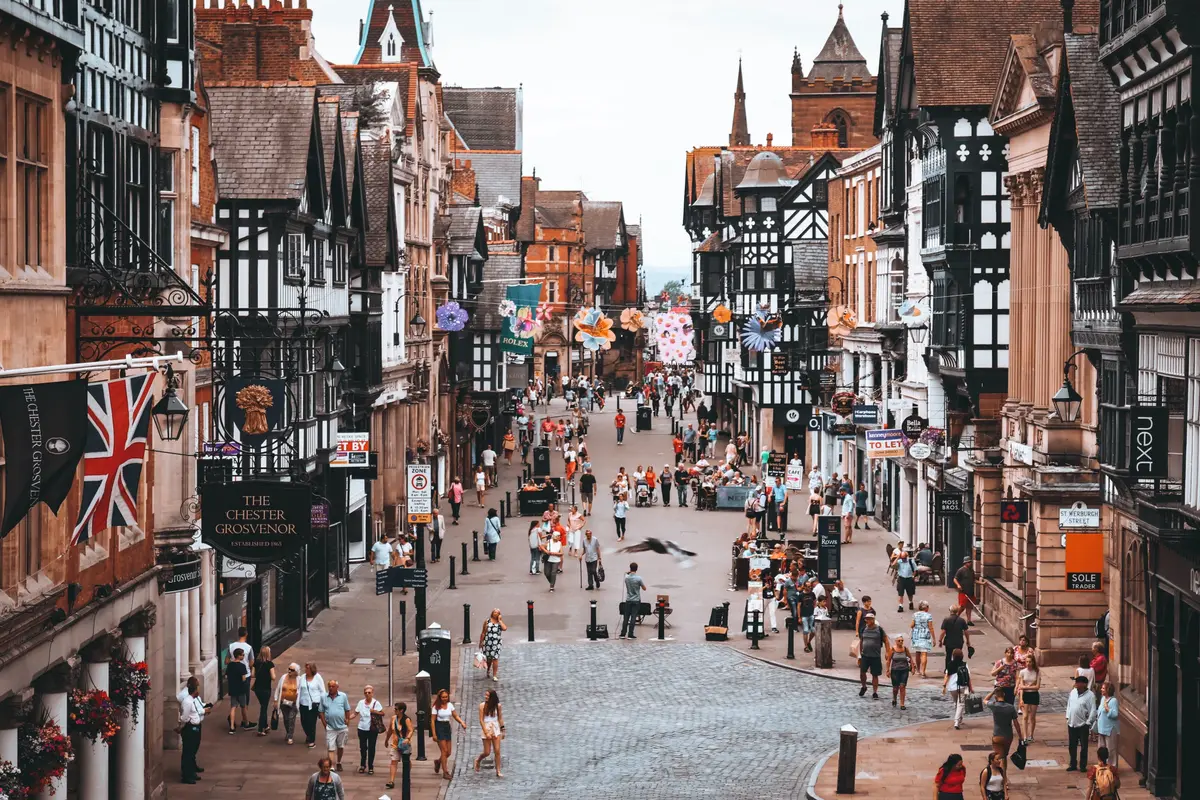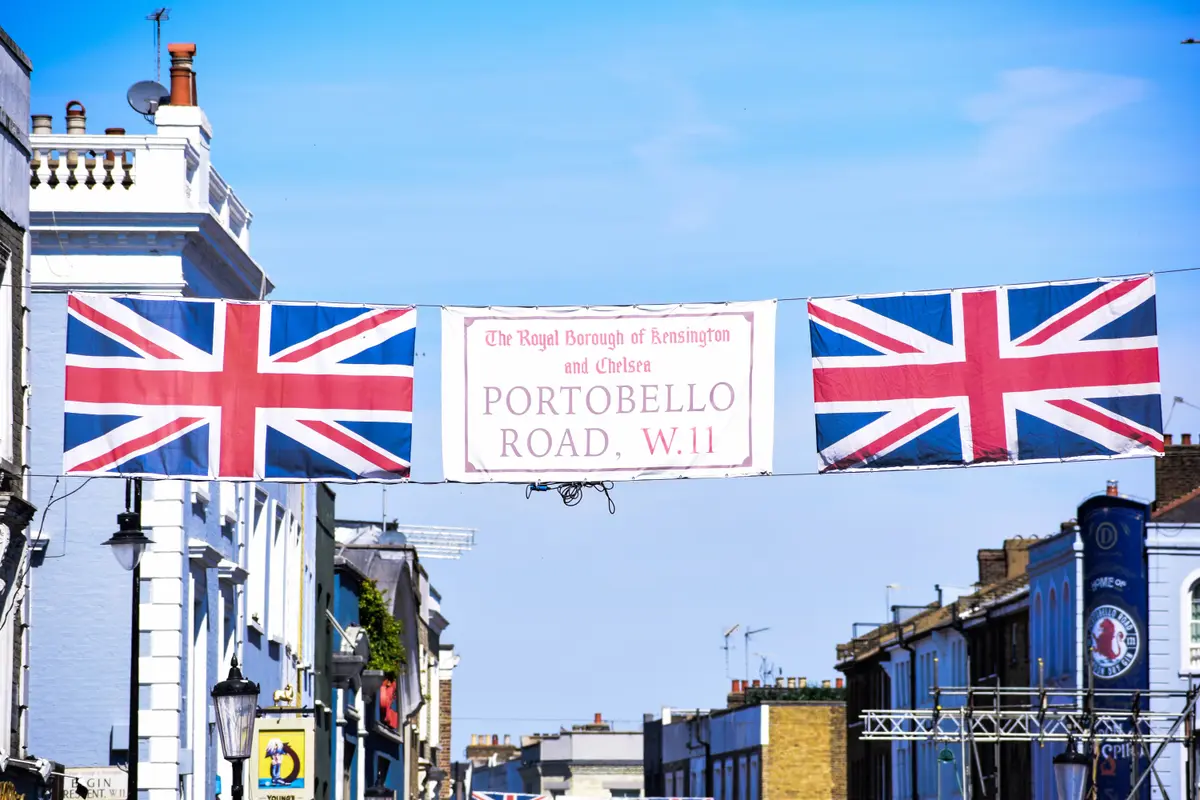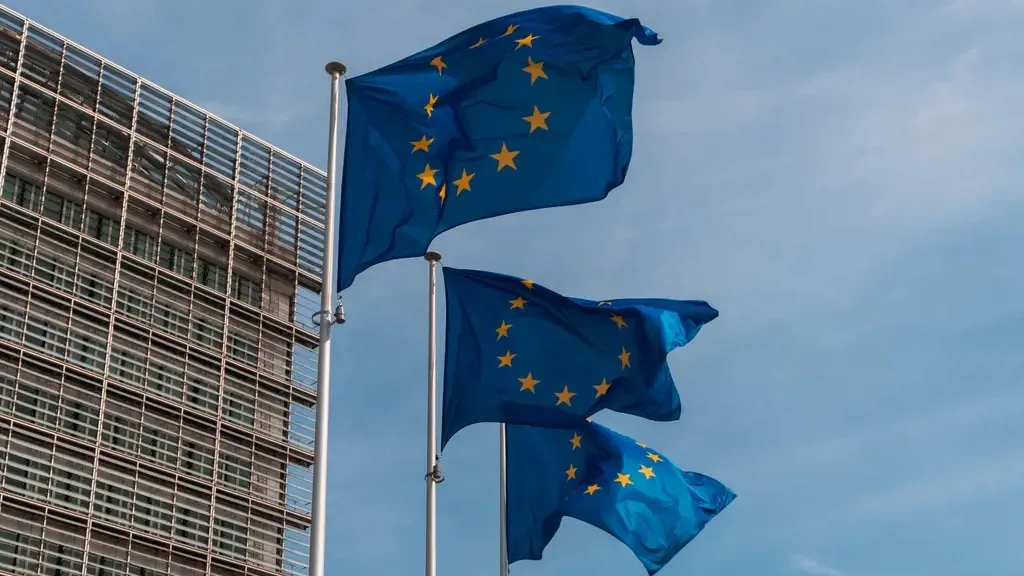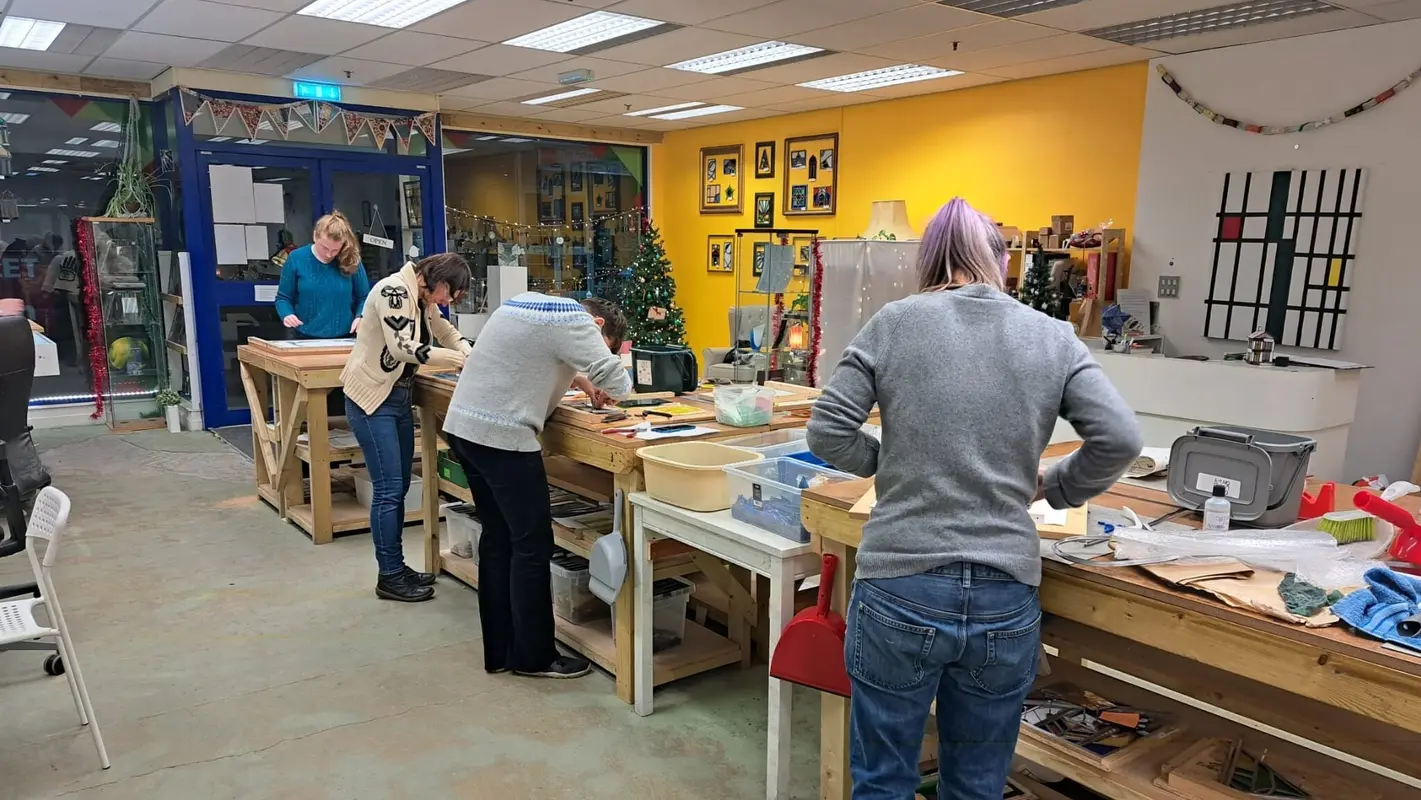This discussion paper is based on one of the first studies to look at the impact of Brexit on the Creative Industries international trade performance.
This analysis of international trade performance is complemented by an analysis of the services trade restrictions and their effects. It examines the period immediately following the EU Referendum in 2016 to 2019, years characterised by economic and policy uncertainty as the UK began the complex process of realigning its relationship with the EU.
The authors found a number of immediate impacts on the creative industries associated with Brexit. The initial confusion about nature of the UK’s relationship with the EU generated significant uncertainty, making it difficult for creative firms to commit to long term decisions and investments. The ending of freedom of movement, and the increase of barriers to the EU’s single market, were further complications. Finally, leaving the EU also meant leaving European legal and regulatory institutions. This sometimes had the effect of increasing the amount of bureaucracy imposed on UK firms, which now had to abide by both British and European regulations in order to trade with the continent.
The authors conclude that policy uncertainty post-Brexit has had a particularly negative impact on specific creative sectors; Audio-visual, Computer services, Advertising, and Architecture. Their analysis finds that, after Brexit, UK businesses experienced significant challenges in exporting to the EU.
___________________________________
Image Credits
Hero Photo by François Genon on Unsplash
Thumbnail Photo by Didier Weemaels on Unsplash
Related Discussion Papers
Demand for Creativity and AI Skills in the Post-ChatGPT Labour Market
This study examines the evolving relationship between employer demand for creativity and AI skills i…
Regional Trade Agreements, Cultural Provisions and Trade in Cultural Goods
Analysing the impact of Regional Trade Agreements on the bilateral trade of cultural goods from 1999…
International Trade Challenges and the Effectiveness of Support Measures for the UK’s Creative Industries
The formidable challenges confronting the UK’s creative industries in the realm of exports, st…
Northern England’s Creative Industries
The Creative Industries are already a driver of growth across the UK economy. Export-intensive and m…
Creative Destruction? Creative firms, workers and residential gentrification
A new study by Tasos Kitsos, Max Nathan, and Diana Gutierrez-Posada finds only a minor influence of …
Speaking with One Voice
A fundamental remit of the BBC, and other public service broadcasters (PSBs) like ITV and Channel 4,…
Transitioning to Sustainable Production across the UK Theatre Sector
This discussion paper examines transitional pathways to sustainable theatre production in the UK. By…
Identifying and analysing UK fashion micro-clusters
The UK’s Fashion and Textiles industry contributed almost £20 billion to the UK economy in 202…
Net Zero as a catalyst in fashion micro and small enterprises
This report identifies examples of work taking place across three levels of change – social, e…
The Motives of Inbound Foreign Direct Investors in the UK Creative Industries
The UK’s creative industries have a global reach. British arts, technology, and design are internati…
Brexit uncertainty and international trade in services: Evidence from the UK creative industries 2014-2019
This discussion paper is based on one of the first studies to look at the impact of Brexit on the Cr…
Working Together – Cooperatives as a creative industry business model
This authors looks at how creative workers and students typically understand cooperatives, explore t…
